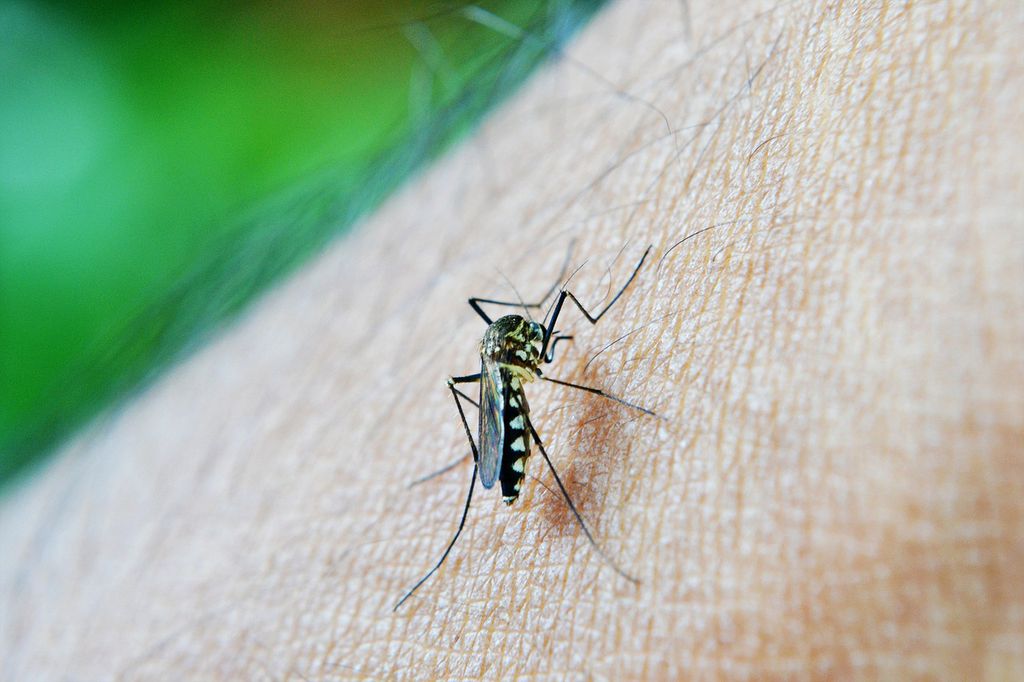In addition to flu shots and covid-19, the Butantan Institute is working to develop other immunizing agents for Brazilians to use as a formula against dengue fever. The study against the virus is in the third and final stage before approval, with all volunteers already recruited. The survey is expected to be completed by 2024.
As summer approaches, the number of dengue cases tends to increase in the country and this is a movement that has been in place for many years, but it is difficult to solve. After all, stopping the spread of disease depends on mosquito control Aedes aegypti, Able to breed in stagnant water sites. In some areas that lack infrastructure, this is a major challenge.
Today there is a vaccine against the disease available in Brazil, Dengvaxia, by the pharmaceutical company Sanofi-Pasteur. However, use is limited and the formula is not freely available by the SUS. Thus, a new alternative to dengue prevention may be beneficial.

On the other hand, in 2019 alone, Brazil recorded 1.48 million cases, with 689 deaths. Given this scenario, Butantan began its studies of a vaccine against the virus in 2009. In parallel with the Phase 3 clinical study, Butantan is already evaluating the expansion of the vaccine. This means that the Institute is analyzing ways to raise the production of laboratory tests, today, to an industrial level.
How does the vaccine work?
Butantan vaccine uses attenuated virus technology against dengue, which stimulates antibody production without causing disease with few adverse reactions. “When a new vaccine is planned, the ideal solution, whenever possible, is to use an attenuated virus, as it generates a more efficient and sustained response,” explains Neuza Maria, project manager at the Butantan Frazatti Gallina Viral Vaccine Development Laboratory.
The virus must be mitigated by the US National Institute of Allergy and Infectious Diseases (NIAID), one of Butantan’s partners in the initiative. These weak infectious agents will be cultured in Vero cells of the African green monkey. After that, the raw material is purified and transferred to the formulation. The final step is lyophilization—a process that turns a liquid into a powder—and creating a diluent to dilute the powder when the vaccine is applied.
In addition, the formula must be tetravalent, that is, it protects against four types of dengue (type 1, 2, 3 and 4). Please note that Flu vaccines are also tetravalent.. This variant is usually valid when different types of the same virus, laden with mutations, spread through the same site.
Outlook in the fight against dengue fever
“The vaccine will be one of the key components to fighting the disease, but it is important to emphasize that it is not only the vaccine that will fight dengue. We have to continue implementing all other ways to help control mosquitoes and, by extension, dengue transmission,” recalls the Director of the Center for Clinical Safety and Administration of Risks, Alexandre Precioso.
“People who are vaccinated will avoid hospitalizations and deaths and this will bring dengue fever under control in the country,” Newsa explains. “In any situation, it is important to act on prevention. In the field of public health, diseases are mainly prevented through vaccines,” he adds.
Source: Putantan Institute
Don’t miss out on more deals like this!
Choose where you want to accompany us and enjoy 🔥

